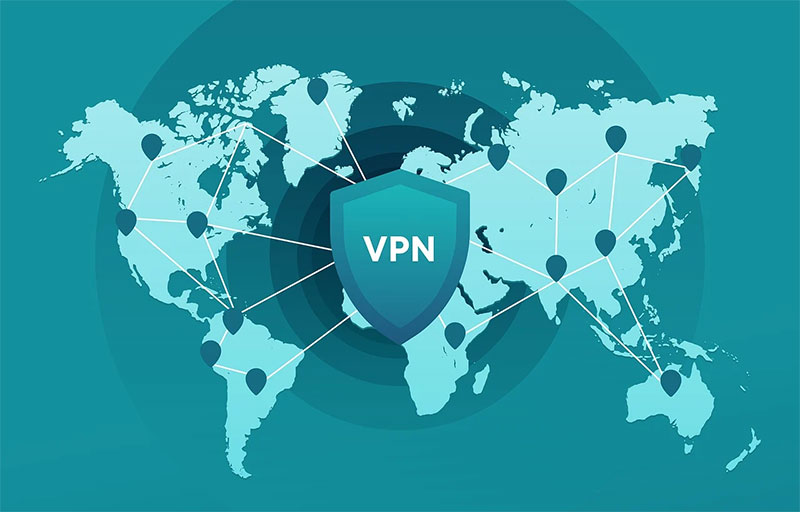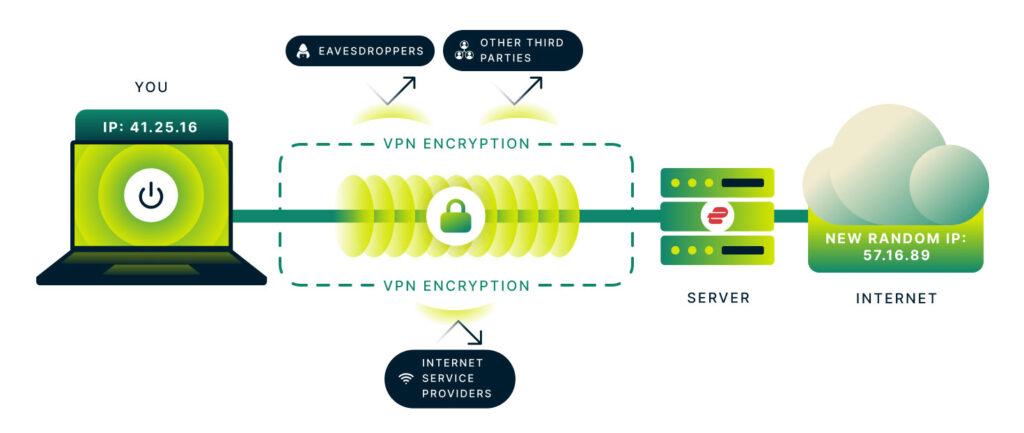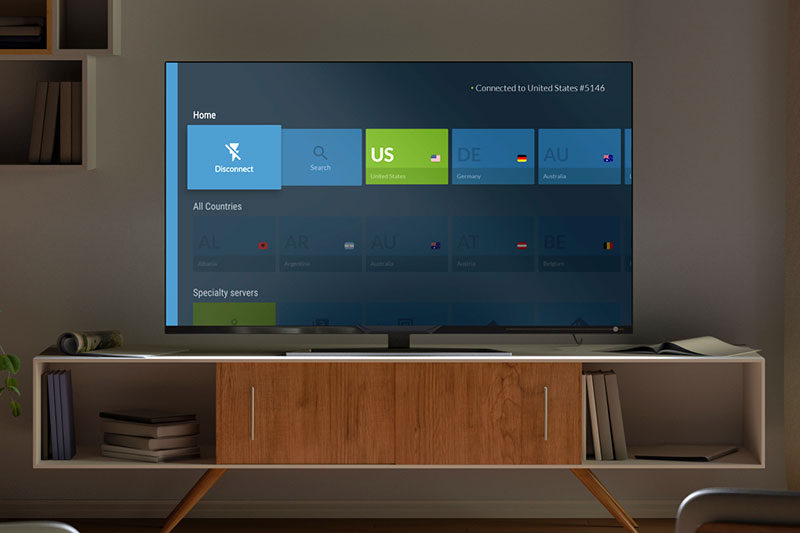
In today’s interconnected world, online privacy and security have become more critical than ever. With cyber threats on the rise and increasing concerns about data breaches, tracking, and censorship, finding a reliable way to protect your digital footprint is essential. Enter VPNs—a powerful tool to safeguard your online activities and maintain your privacy. But what exactly are VPNs, and why are they so important? Let’s dive in.
What Are VPNs?
VPN stands for Virtual Private Network. At its core, a VPN is a service that encrypts your internet connection and routes it through a secure server, masking your IP address and location. This makes your online activities more private and secure from prying eyes, whether those are hackers, advertisers, or even your internet service provider (ISP).
VPNs are commonly used to:
- Protect sensitive data on public Wi-Fi networks.
- Access geo-restricted content, such as streaming services.
- Bypass censorship in restrictive regions.
Whether you’re a casual internet user or a tech-savvy professional, a VPN can enhance your digital experience in numerous ways.
How Do VPNs Work?

Think of a VPN as a secure tunnel between your device and the internet. When you use a VPN, your internet traffic is encrypted and routed through a remote server operated by the VPN provider. This process masks your real IP address and assigns you a new one, based on the server’s location. The result? Greater privacy and security.
Here’s a simple breakdown:
- Encryption: Your data is scrambled into unreadable code, protecting it from interception.
- Tunneling: Your traffic travels through a secure, private connection instead of the open internet.
- Server Relocation: By connecting to a server in a different location, you can appear to be browsing from anywhere in the world.
This combination ensures that your online activities remain hidden from eavesdroppers and third parties.
Benefits of Using a VPN

Using a VPN offers a wide range of advantages, including:
- Privacy Protection: Want to keep your browsing habits under wraps? A VPN makes sure your internet provider, advertisers, or other nosy entities can’t peek at what you’re doing online. Whether you’re shopping for surprise gifts or researching something personal, your data stays yours.
- Enhanced Security: Public Wi-Fi is convenient, but it’s also a goldmine for hackers. With a VPN, you can sip your coffee in peace while your connection stays encrypted and safe from cyber crooks.
- Access Geo-Restricted Content: Ever tried to watch a show only to see the dreaded “Not available in your region” message? A VPN helps you hop over virtual borders and enjoy your favorite content from anywhere in the world.
- Bypass Censorship: Living in or visiting a country with restricted internet? A VPN can be your passport to a freer, uncensored online experience.
- Data Anonymity: Say goodbye to the creepy feeling of being tracked everywhere you go online. A VPN hides your IP address, making it harder for websites and trackers to build a profile about you.
- Circumvent Age Checks: Need to bypass an age verification process? A VPN can help you appear as if you’re browsing from a region where age checks aren’t as strict. In the USA, primary privacy concerns regarding age checks arise from the potential need to submit sensitive personal information like government ID details to verify age. This data, once collected, can be stored and potentially misused by companies, raising issues about data breaches and unauthorized access. Using a VPN avoids this hassle, keeping your personal details off the table.
Choosing the Right VPN
With so many VPN options available, how do you pick the right one? Here are some key factors to consider:
- Speed: Look for a VPN with fast servers to ensure smooth streaming and browsing.
- Security Protocols: Check for robust encryption standards and no-log policies.
- Server Locations: Choose a VPN with servers in multiple countries to maximize your options.
- Ease of Use: Ensure the VPN has user-friendly apps for all your devices.
- Cost: Evaluate free versus paid plans, keeping in mind that free VPNs often come with limitations or risks.
Common Myths About VPNs
Despite their growing popularity, VPNs are often misunderstood. Let’s address a few common myths:
- Myth 1: “VPNs make you completely anonymous.” While VPNs enhance privacy, they don’t make you invisible online. They’re part of a larger toolkit for staying secure.
- Myth 2: “VPNs are only for tech experts.” Modern VPNs are designed with simplicity in mind, making them accessible to everyone.
- Myth 3: “Free VPNs are just as good as paid ones.” Free VPNs often lack the security features and reliability of paid options.
How to Set Up a VPN
Getting started with a VPN is easier than you might think:
- Choose a VPN Provider: Research and select a reputable VPN service.
- Download and Install: Install the app on your device(s).
- Connect to a Server: Open the app and choose a server location based on your needs.
- Enjoy Secure Browsing: Start using the internet with added privacy and security.
Conclusion
As online threats and restrictions continue to evolve, VPNs have become a vital tool for protecting your privacy and enhancing your internet experience. Whether you’re streaming your favorite shows, working remotely, or simply browsing the web, a VPN empowers you to do so safely and securely. Take control of your digital life today—explore the world of VPNs and find the one that’s right for you.
